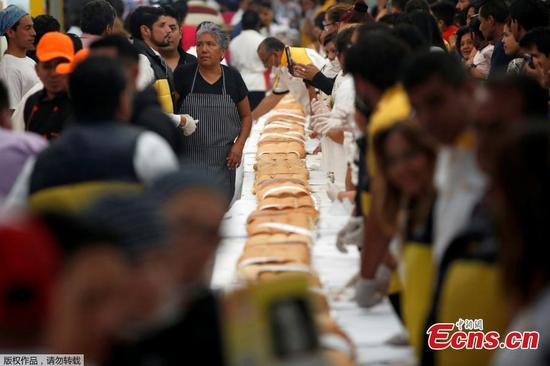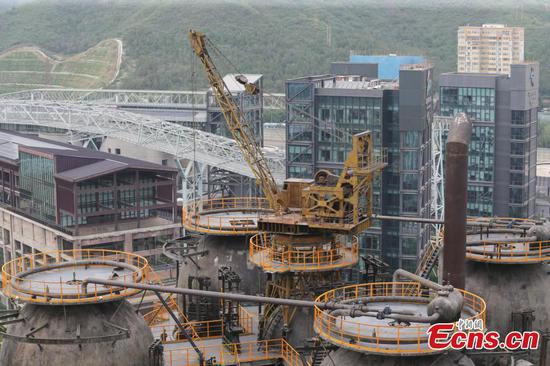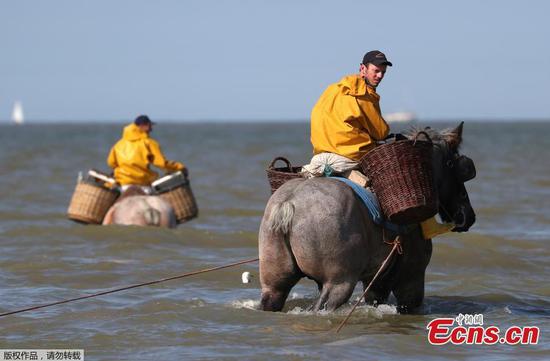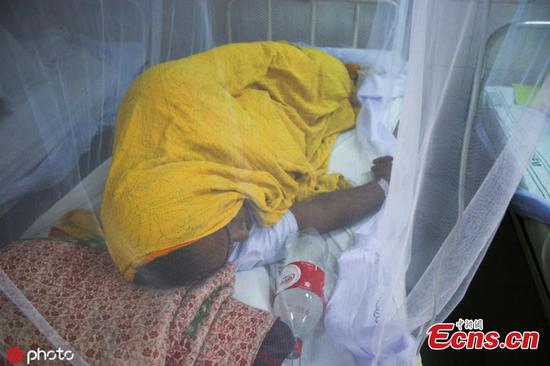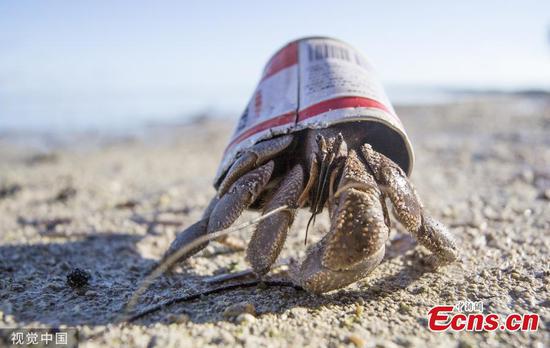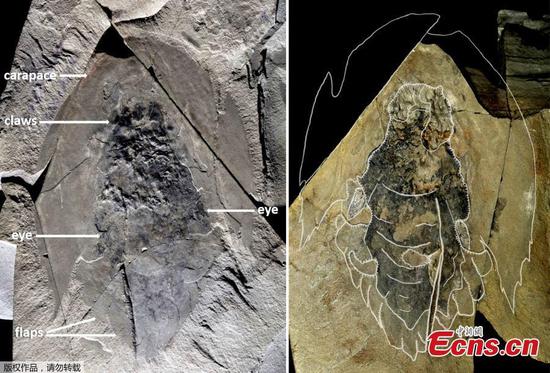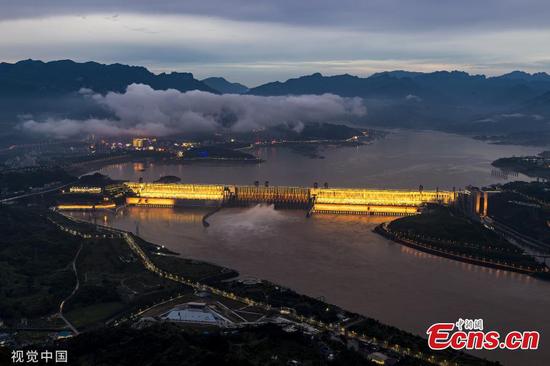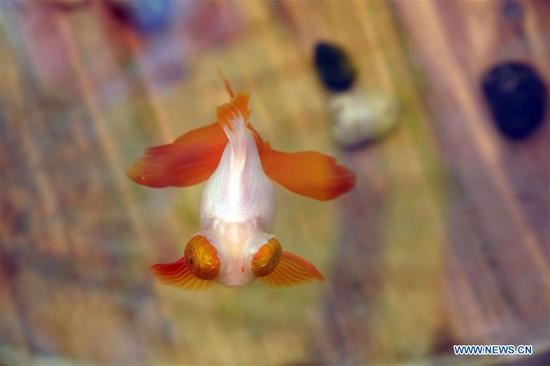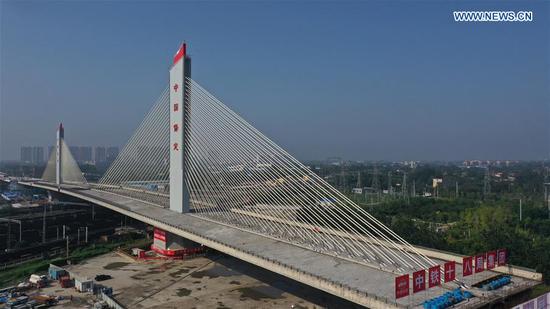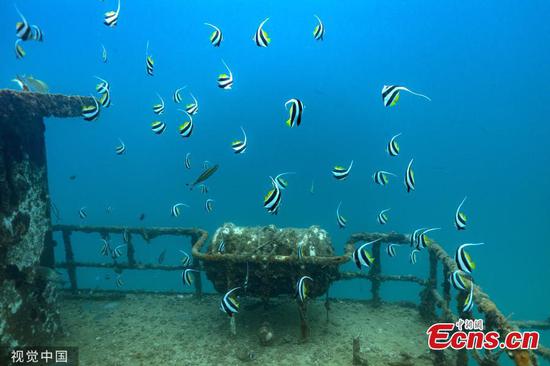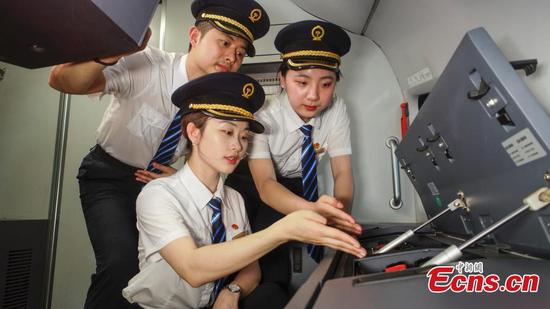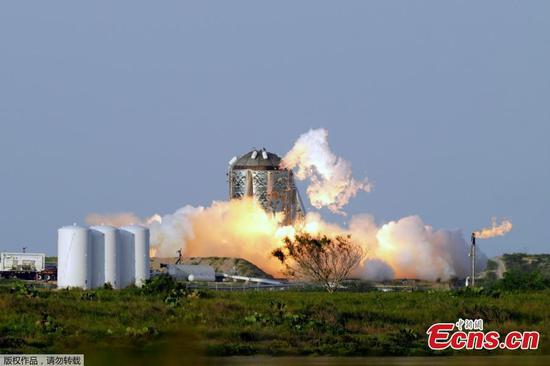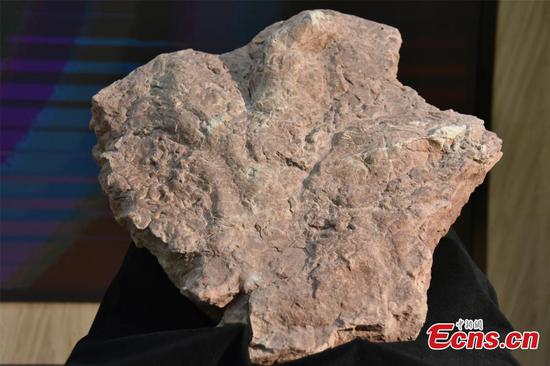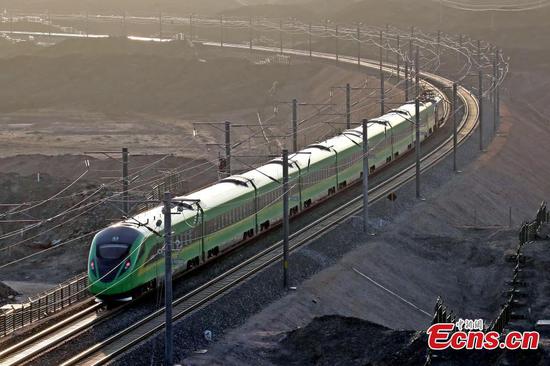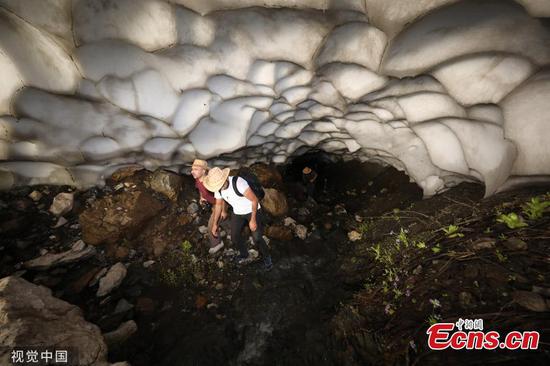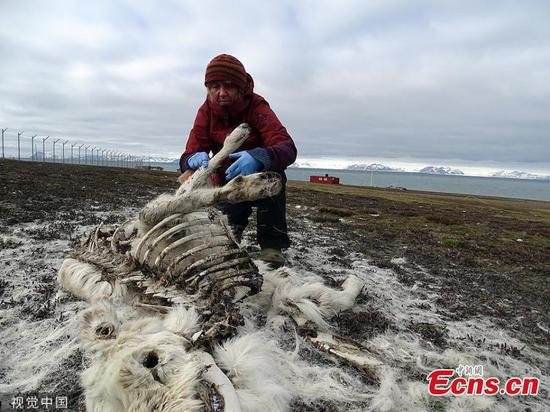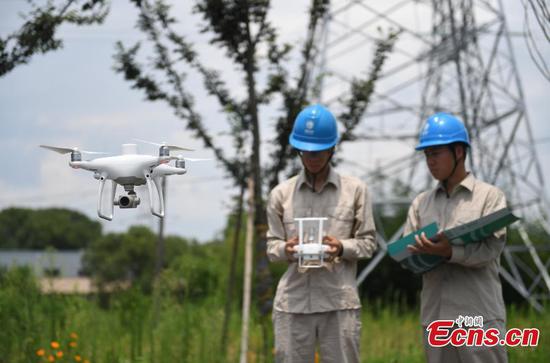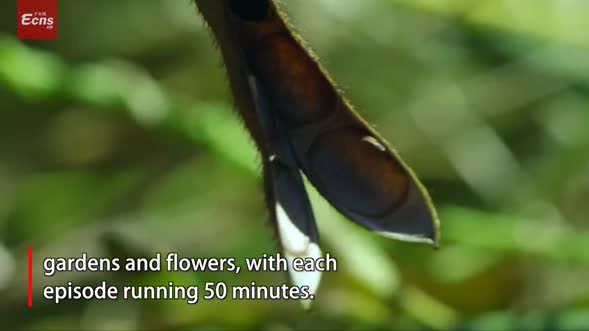The head of the country's top environmental apparatus pledged to subject those who severely violate emission discharge regulations to joint punishments from multiple government bodies, making full use of the country's credit system.
Li Ganjie, minister of ecology and environment, made the remarks on Tuesday in Beijing during a national video conference, which focused on air quality in the first half of this year.
Local authorities "should intensify law enforcement to effectively crack down on environmental violations", he told the conference, which was attended by leading officials of provincial-level environmental watchdogs and governments of "relevant" cities, according to a media release from the Ministry of Ecology and Environment late on Tuesday.
Local governments should mobilize various government bodies to enhance the crackdown on misconduct of emitters, including the ecology and environment, market administration, transportation and public security. Joint campaigns of these departments should be organized to target emission sources set on high-polluting facilities, uncontrolled emissions of volatile organic compounds, pollution from vehicles and outdoor burning of straw, he said.
Violations should be documented and included into the national credit system. Many central government departments and provincial governments have been connected to the national credit information sharing platform, which is a social system that keeps track of misdeeds committed by people and enterprises.
"If the circumstance is serious, they will be subject to joint punishment imposed by regulators from multiple sectors," Li was quoted as saying.
The country saw its air quality from January to June improve generally but deteriorate in some regions. The ministry said the conference was held to discuss where air quality was poor and the cities that failed to fulfill their air pollution control targets.
In the first half of this year, the average density of PM2.5 in 337 major cities stood at 22 micrograms per cubic meter, down 4.3 percent year-on-year. However, the concentration of the pollutant in both the Beijing-Tianjin-Hebei province cluster and the Fenhe-Weihe River Plain area, which spans Shanxi and Shaanxi provinces, increased 4.8 percent.
"The air pollution control situation remains grim," Li said.
Li called on local authorities to attach high importance to the trend that polluters are transferring their factories to central and western parts of the country, suburbs and rural areas.
Local governments should draft comprehensive plans to enhance management of small polluting enterprises according to thorough investigations and then shut down, integrate or upgrade them accordingly, he said.
He said priority should be given to governance of major polluters that boast great potential in reducing air pollutant discharge. Measures to be taken should be differentiated, and "one-size-fits-all approaches should be strictly prohibited".
He also asked local governments to guide enterprises to draft their specific plans for production reduction in the instance of heavy air pollution. In a recent news conference, ministry spokesman Liu Youbin said the government body is drafting a guideline for emergency production reduction in key industrial sectors when heavy air pollution occurs.
He said that under the guideline, companies with ultralow emissions will be spared from the reduction requirement in the coming fall and winter, which are the seasons with the most air pollution.









